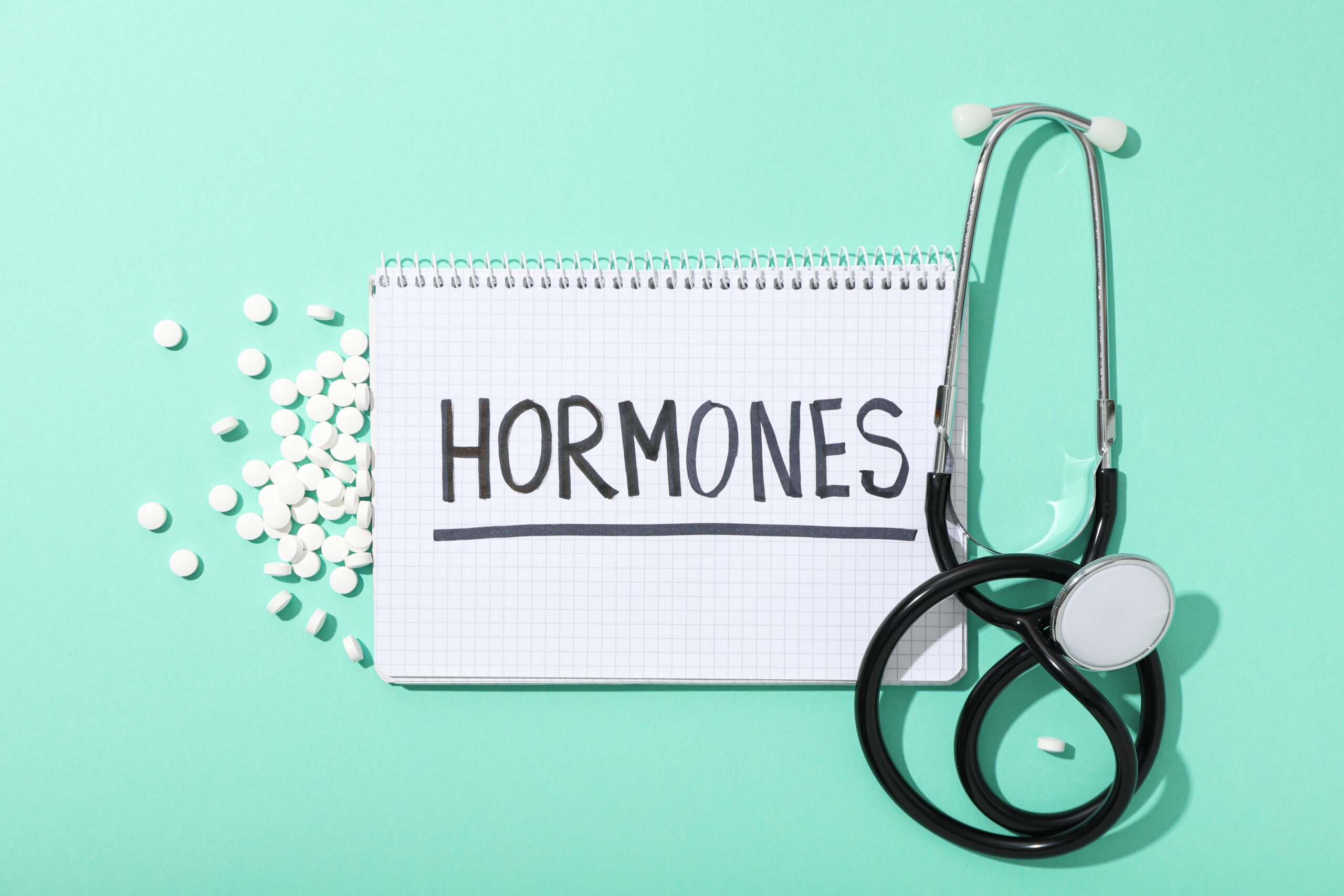Understanding female fertility can feel overwhelming but is essential for reproductive health. For women trying to understand their fertility status or planning to build a family, diagnostic tests provide clarity and guidance. Understanding the right tests is the first step towards finding solutions and taking control of your fertility journey.
Why Are Fertility Tests Important?
Fertility is influenced by many factors, like age, genetics, lifestyle factors including hormonal balance and reproductive health. Diagnostic tests reveal potential obstacles, helping doctors create tailored treatment plans. These tests are crucial to understand one’s fertility status, which will help you plan and make decisions at the right time. This is especially vital for women who want to start their families later in life.
Common Diagnostic Tests for Female Fertility
1. Ovarian Reserve Testing
Ovarian reserve refers to the quantity and quality of eggs in the ovaries. It is assessed through tests such as Anti-Müllerian Hormone (AMH) levels, which indicate egg quantity, and Antral Follicle Count (AFC), which measures the number of developing follicles via ultrasound. These tests help fertility specialists evaluate your current fertility status, enabling informed decisions about fertility preservation and reproductive treatments. While AMH levels do not provide an exact egg count, they indicate whether your egg supply is high, average, or low for your age.
2. Hormonal Blood Tests
Hormonal blood tests assess key hormone levels that regulate ovulation and menstruation. The primary hormones measured include:
- Follicle-Stimulating Hormone (FSH): FSH helps your ovaries produce eggs each cycle. If levels are too high or too low, it can signal issues with egg production, which may affect your ability to conceive.
- Luteinizing Hormone (LH): LH is responsible for triggering ovulation—the release of a mature egg from the ovary. If LH levels are imbalanced, ovulation may not happen regularly, making conception more difficult.
- Bioactive Prolactin: This form of prolactin plays a key role in maintaining a healthy menstrual cycle and ovulation. High prolactin levels can interfere with ovulation, leading to irregular cycles or even preventing pregnancy.
- Testosterone: While often thought of as a “male hormone,” testosterone is also important for women. If levels are too high, as seen in conditions like PCOS, it can disrupt ovulation and affect fertility.
These hormones are essential indicators of fertility health. Optimizing their levels before starting your fertility journey can improve outcomes.
3. Ultrasound Scans
An ultrasound helps examine the uterus, fallopian tubes, and ovaries for any abnormalities. It checks for conditions like ovarian cysts, fibroids, or endometriosis. This imaging test is painless and is performed externally by placing a probe on the abdomen or done transvaginally.
4. Metabolic Test Parameters
These play a crucial role in hormone regulation and fertility. Conditions like insulin resistance, thyroid imbalances, and vitamin deficiencies can affect menstrual cycles and egg quality. Key tests such as CBC (anemia), HbA1c and HOMA-IR (insulin resistance), thyroid profile (Free T3, Free T4, TSH), and Vitamin B12 & D3 levels help identify underlying issues.
5. Hysterosalpingography (HSG)
HSG checks for blockages in the fallopian tubes using X-rays The procedure involves injecting a contrast dye into the uterine cavity through the cervix. It may cause mild cramping or discomfort, but it’s generally well-tolerated. Blocked tubes are a common cause of infertility. Knowing this helps doctors recommend corrective procedures.
When Should You Consider Fertility Tests?
- Women in their 20s and early 40s who are curious about their fertility or wish to explore their fertility.
- Women under 35 should seek help after one year of trying to conceive by timed intercourse.
- Women over 35 should consult a doctor after six months of trying to conceive by timed intercourse. If you have irregular cycles or known health issues, early testing is recommended.
- Whether due to aging, medical treatments, or personal reasons—may want to consider fertility preservation options like sperm and egg freezing. These options provide valuable insight and allow individuals to preserve their reproductive potential for the future.
How to Prepare for Diagnostic Tests
- Track Your Menstrual Cycle: Keeping a record helps our doctor understand your ovulation patterns.
- List Your Symptoms: Write down any unusual symptoms, such as pelvic pain or heavy periods.
- Inform Your Doctor About Medical History: Let your doctor know about any medical condition that you might have including if you are currently taking any medications.
- Stay Relaxed: Stress can impact test results, so take steps to stay calm.
Conclusion
Taking the first step toward fertility evaluation is a brave and empowering choice. It’s natural to feel anxious, but you’re not alone. Fertility tests provide answers, helping you make informed decisions with the support of your doctor, loved ones, and our care navigator. No matter the outcome, solutions are within reach—every step brings you closer to your fertility goals!
Frequently Asked Questions (FAQ’S)
1. Do I need to take all the fertility tests if I’m starting to explore my options?
Not necessarily. It’s always a good idea to speak with your doctor first. They’ll help you understand which tests are needed based on situation and health history. The goal is to guide you through the process step by step, without overwhelming you.
2. Are fertility tests painful?
Most fertility tests are simple and don’t cause much discomfort. Some, like blood tests or ultrasounds, are straightforward and painless. For others, like the HSG, you might experience some mild cramping, but it’s usually temporary. Your doctor will always walk you through what to expect, so you feel as comfortable as possible.
3. What should I do if my test results aren’t what I expected?
It’s okay to feel a little shaken if things don’t go as planned. Remember, these results are one part of the bigger picture. Your doctor will explain everything to you. They will guide you through the next steps, ensuring you feel supported and informed.





